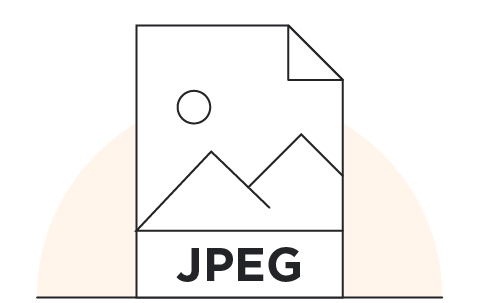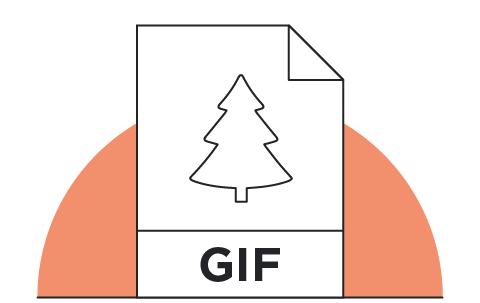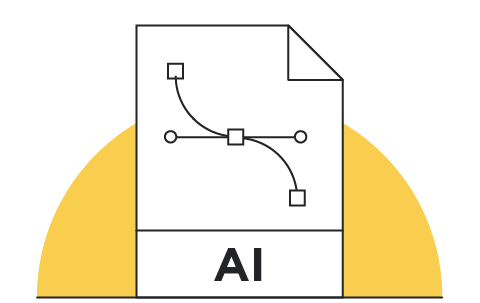Graphic file formats explained
JPEG: Joint photographic experts group
JPG files are one of the most common image file types. They are compressed image files mostly used for photos, but are also acceptable for logos and advertisements. They do not support a transparent background.
PNG: Portable network graphics
The PNG file format is most commonly used for use online and on websites due to their low resolution. PNG files are bitmap images that employ lossless data compression, and like GIF files, PNG files can be created with a transparent background.
GIF: Graphics interchange format
GIF files are low resolution files most typically used for web and email purposes. Almost all browsers can support the use of GIF files, which use a compression scheme to keep the file size small. GIF files can be created with a transparent background.
PDF: Portable document format
A PDF is a universal file format that preserves/embeds the fonts, images, layout and graphics of any source document, regardless of the application used to create it. PDF files can be shared, viewed and printed by anyone with the free Adobe Reader software.
PSD: Photoshop document
The PSD file format, usually a raster format, contains graphics and photos created in Adobe Photoshop image editing software. Most commonly used by designer and printers. PSD files can only be opened using Photoshop and may be created in layers.
TIF: Tagged image file format
The TIF/TIFF file format is mostly used for storing images, photography, or art. The TIF format is reliable and most widely supported format across all platforms. It is the standard format for high quality images.
AI: Adobe illustrator
This file type is commonly used by designers and commercial printers to create files in different formats and sizes. AI files can only be opened using Adobe Illustrator and may be created in layers. You can create high resolution logos that can be resized without losing any quality.
EPS: Encapsulated postscript
EPS files are most commonly used by designers to transfer an image or artwork, generally a vector file into another application. Vector-based EPS files are scalable to any size and are often used for large-format printing, such as signs, banners, and billboards. EPS files can be opened using Adobe Illustrator, Freehand, or Adobe Photoshop.










